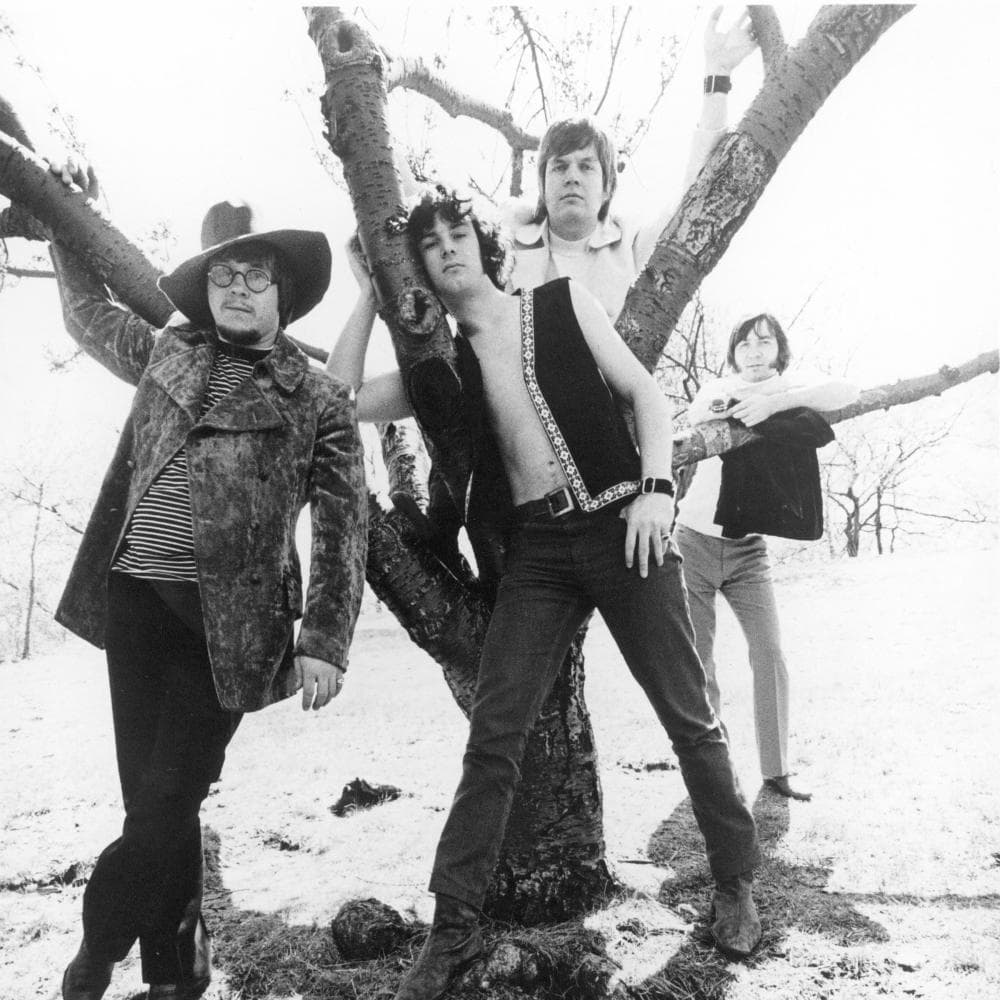
“Hang On to Your Life”: The Guess Who’s Harrowing Rock Testament
The Guess Who’s “Hang On to Your Life” stands as a stark and powerful moment in their 1970 album Share the Land. Penned by Burton Cummings and Kurt Winter, the song is both a plea and a warning, blending raw emotional gravity with the band’s signature rock prowess. Its place in their catalog underscores the band’s ability to tackle weightier themes, contrasting their more commercial hits with a track that resonates on a deeper, existential level.
The production, helmed by Jack Richardson, and the arrangement by the band create an atmosphere that is both arresting and haunting. The song opens with an ominous and driving rhythm, setting a tone of urgency that persists throughout. Layered guitars, pulsating bass, and commanding drum patterns propel the track forward, while Cummings’ vocals, filled with both anguish and defiance, deliver the lyrics with unwavering intensity.
Thematically, “Hang On to Your Life” is a somber reflection on mortality and the fragility of existence. The refrain, with its direct appeal to cling to life, conveys a visceral sense of desperation. It’s a rare rock anthem that confronts the inevitability of death head-on, while simultaneously serving as a rallying cry to persevere. The song’s powerful closing—where a Biblical passage from Psalms is recited—elevates it to a near-spiritual plane, amplifying its emotional impact and leaving listeners with a chilling sense of finality.
On the technical side, the extended edit included in the 8-track tape edition of Share the Land adds to the track’s immersive quality, stretching its dramatic arc to fill out the format’s timing constraints. This version underscores the band’s attention to detail, ensuring that even their studio experiments served to enhance the song’s depth and resonance.
“Hang On to Your Life” didn’t achieve the chart-topping success of some of the band’s other hits, but its legacy lies in its stark honesty and unflinching exploration of human vulnerability. It’s a song that transcends its era, speaking to universal fears and hopes with a rawness that remains impactful decades later. For The Guess Who, this track was more than a song—it was a statement, a testament to their artistry, and a reminder of the transformative power of rock music to grapple with life’s most profound questions.